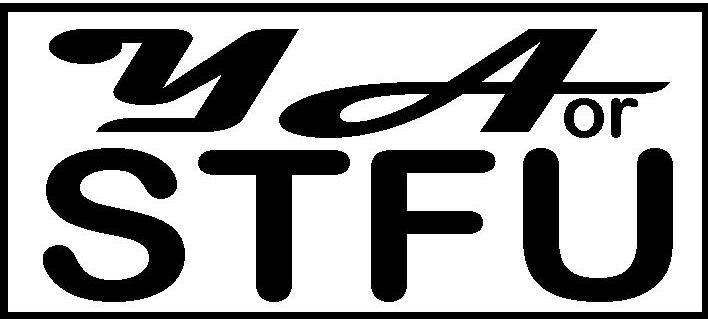Young Adult Literature without Apology
Amy's assessment of contemporary young adult literature, organized by author and title, censored by noone.
Realistic | Romance | Science Fiction | Historical Fiction | Fantasy | Horror | Mystery
Westerfeld, Scott (2005). Uglies. NY: Simon Pulse. ISBN: 0689865384. 448 pages.
In the first of Westerfeld's dystopian series, the world is divided between the Uglies and the Pretties. The Uglies are the youngest members of the population, who live in dormitories and attend school in segregated communities as they wait for their 16th birthdays, when they can undergo an operation that makes them beautiful and allows them to gain entry to Pretty Towns, party communities for the young and gorgeous that emphasize a hedonistic lifestyle and through which all community members pass before settling down in middle age. 15 year old Tally can't wait to become a Pretty, especially since her best friend recently received the surgery and left her nearly alone in the Ugly town filled with mostly younger students. On one of her lone hoverboard rides, Tally meets Shay, a fellow Ugly nearing the age for surgery who has a decidedly more subversive take on the whole process. According to Shay, there are people who elect not to have the beautification surgery and who live in a secret commune outside of the regimented communities Tally calls home. Tally can't imagine why anyone would want to forego Pretty-ness and give up hopes of life in Pretty Town; however, when she learns of rumors that the surgery changes not only the outward appearance of citizens, but also fundamental aspects of their personalities, she begins to doubt her dreams of the future.After reading Westerfeld's awesome So Yesterday, I was honestly hoping for a bit more from this burgeoning series. The books themselves are well-designed; however, the content is bland and over-long. Admittedly, I was intrigued by the premise and thought that the 400+ pages of the first novel in the series (a trilogy?) would really flesh out the politics of Pretty Town and the surrounding communities. Unfortunately, I was wrong. Outside of the fact that we, as readers, must come to accept that Tally and others have been conditioned to believe that Pretty=Good, it's hard to sympathize with Tally's intense desire to go under the knife and, later, even harder to understand or believe in her sudden change of heart. Ho hum. I might skim the next installment, just to see what happens.
